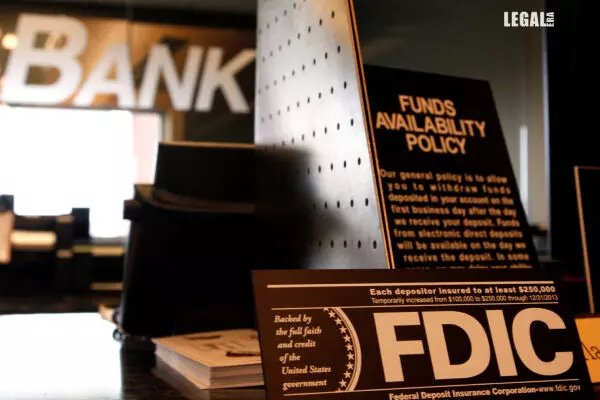- Home
- News
- Articles+
- Aerospace
- Agriculture
- Alternate Dispute Resolution
- Banking and Finance
- Bankruptcy
- Book Review
- Bribery & Corruption
- Commercial Litigation
- Competition Law
- Conference Reports
- Consumer Products
- Contract
- Corporate Governance
- Corporate Law
- Covid-19
- Cryptocurrency
- Cybersecurity
- Data Protection
- Defence
- Digital Economy
- E-commerce
- Employment Law
- Energy and Natural Resources
- Entertainment and Sports Law
- Environmental Law
- FDI
- Food and Beverage
- Health Care
- IBC Diaries
- Insurance Law
- Intellectual Property
- International Law
- Know the Law
- Labour Laws
- Litigation
- Litigation Funding
- Manufacturing
- Mergers & Acquisitions
- NFTs
- Privacy
- Private Equity
- Project Finance
- Real Estate
- Risk and Compliance
- Technology Media and Telecom
- Tributes
- Zoom In
- Take On Board
- In Focus
- Law & Policy and Regulation
- IP & Tech Era
- Viewpoint
- Arbitration & Mediation
- Tax
- Student Corner
- AI
- ESG
- Gaming
- Inclusion & Diversity
- Law Firms
- In-House
- Rankings
- E-Magazine
- Legal Era TV
- Events
- News
- Articles
- Aerospace
- Agriculture
- Alternate Dispute Resolution
- Banking and Finance
- Bankruptcy
- Book Review
- Bribery & Corruption
- Commercial Litigation
- Competition Law
- Conference Reports
- Consumer Products
- Contract
- Corporate Governance
- Corporate Law
- Covid-19
- Cryptocurrency
- Cybersecurity
- Data Protection
- Defence
- Digital Economy
- E-commerce
- Employment Law
- Energy and Natural Resources
- Entertainment and Sports Law
- Environmental Law
- FDI
- Food and Beverage
- Health Care
- IBC Diaries
- Insurance Law
- Intellectual Property
- International Law
- Know the Law
- Labour Laws
- Litigation
- Litigation Funding
- Manufacturing
- Mergers & Acquisitions
- NFTs
- Privacy
- Private Equity
- Project Finance
- Real Estate
- Risk and Compliance
- Technology Media and Telecom
- Tributes
- Zoom In
- Take On Board
- In Focus
- Law & Policy and Regulation
- IP & Tech Era
- Viewpoint
- Arbitration & Mediation
- Tax
- Student Corner
- AI
- ESG
- Gaming
- Inclusion & Diversity
- Law Firms
- In-House
- Rankings
- E-Magazine
- Legal Era TV
- Events
US FDIC To Propose Tough Rules For Banks Working With Fintech Companies

US FDIC To Propose Tough Rules For Banks Working With Fintech Companies
The new requirements would ensure consumers’ funds were safe
The Federal Deposit Insurance Corp (FDIC) is set to propose that banks bolster record-keeping requirements for accounts held by fintech companies on behalf of their customers.
The directions came in wake of the collapse of bank-fintech middleman Synapse Financial Technologies early this year, which led to the freezing of thousands of accounts.
The new requirements would ensure that consumers have timely access to their funds, in absence of a bank's failure.
Under the banking regulator’s proposal, banks that work with fintech companies would have to identify the beneficial owners of each account and its balance. Third parties, like Synapse, would be allowed to maintain those records if certain requirements were met, such as a bank retaining unrestricted access to that data even in the event of a middleman's bankruptcy or insolvency.
Synapse filed for bankruptcy in April, freezing accounts for customers of its partner banks, including Tennessee-based Evolve Bank & Trust. The latter worked with fintech companies to offer banking services like deposit accounts.
The FDIC will also finalize a policy to heighten scrutiny of bank mergers with assets over $100 billion.
In 16 years, it is for the first time that the new rule has updated the agency's merger guidance. It will emphasize maintaining stability in the banking sector.



